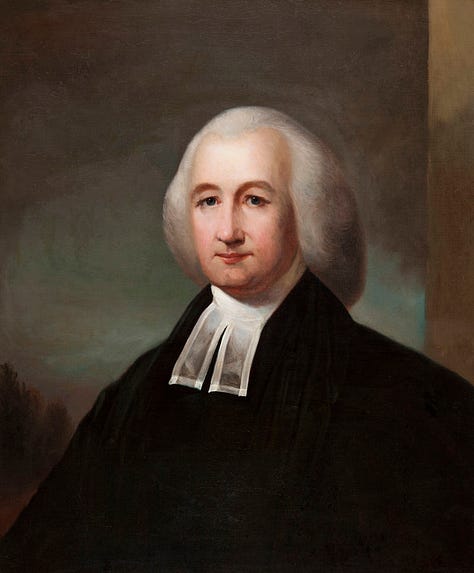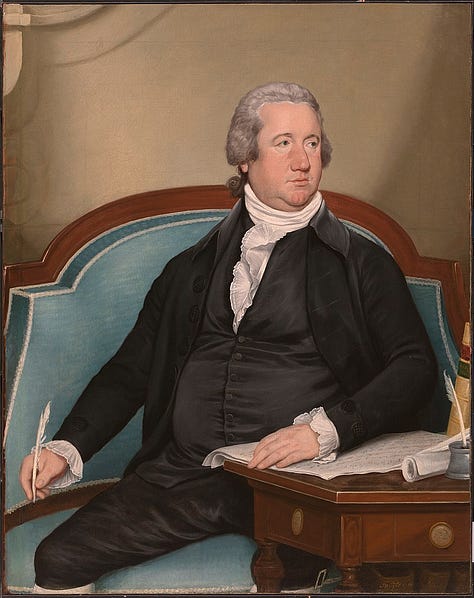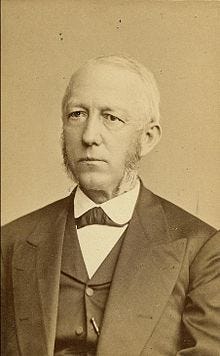#28: CIVICS 101: The Legislative Branch
Q&A #28: What are the duties of the Speaker?
Our American Government
Our American Government is a small book published by the House of Representatives for citizens and those who seek a greater understanding of the American interpretation of democracy. It follows a question-and-answer format and covers a broad range of topics dealing with the three branches of our Government, the electoral process, and the role of political parties.
The Savvy Citizen is reproducing the 169 questions-and-answers through a series of posts called Civics 101. Each post will contain the Q&A as well as some additional commentary to add historical context, fun facts, or anything we believe will add to our collective understanding of these topics.
Think of it as your adult Civics class, but without the test!
Let’s keep at it.
SECTION: The Legislative Branch: The Congress
Members, Offices, and Staff
Q&A #28: What are the duties of the Speaker?
The Speaker presides over the House, appoints chairmen to preside over the Committee of the Whole, appoints all special or select committees, appoints conference committees, has the power of recognition of Members to speak, and makes many important rulings and decisions in the House.
The Speaker may vote, but usually does not, except in the case of a tie. The Speaker and the Majority Leader [in the Senate] determine the legislative agenda for the House and often confer with the President and with the Senate leadership.
My Thoughts
The officer of the Speaker of the House was established in Article 1, Section 2, Clause 5 of the U.S. Constitution:
The House of Representatives shall chuse [sic] their Speaker and other Officers; and shall have the sole Power of Impeachment. (Article 1, Section 2, Clause 5)
As the political and parliamentary leader of the House of Representatives, and the de facto leader of the majority party, the Speaker sits in a very powerful position. In addition to the Speaker’s duties in the House, he/she is second in the presidential line of succession, just behind the Vice President, and just ahead of the president pro tempore of the United States Senate (aka president pro tem), who is the second-highest-ranking official in the Senate, sitting just below the Vice President who also serves as the president of the Senate.
Information about the current Speaker of the House can be founder at speaker.gov



There have been just 56 Speakers of the House (over the course of 118 congresses) in American History, with Frederich A. Muhlenberg being the first. Muhlenberg was part of the powerful Muhlenberg family of Pennsylvania (my home state), a member of the Federalist Party (in the vein of Adams, not Jefferson), and a delegate to the Pennsylvania state constitutional convention.
His grandson, also Frederich A. Muhlenberg, was president of Muhlenberg College in Allentown, PA from 1867 to 1876. The College, founded as the Allentown Seminary and Allentown Collegiate and Military Institute, was renamed Muhlenberg College in 1867 in honor of Henry Muhlenberg, the family patriarch and founder of the first Lutheran church in the United States. I mention this because my cousin-in-law and his wife are proud graduates of the College, so we’re Muhlenberg fans by proxy!
—
Back next time with Q&A #29: Could a person other than an elected Representative in Congress serve as Speaker of the House?
Meanwhile, don’t forget that we’re organizing the post links on a single page available here.
xo,
Kelley for the Savvy Citizen Team
December 19, 2024




